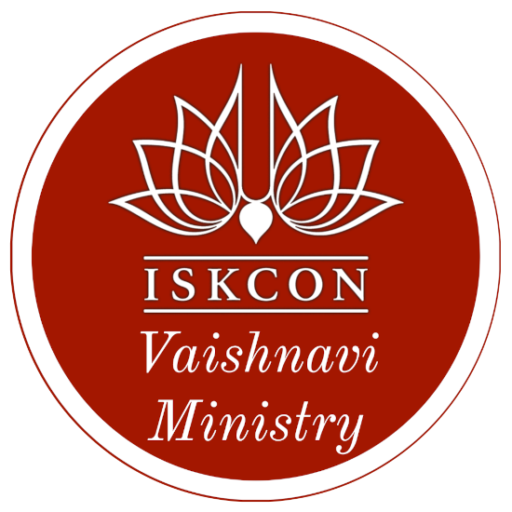by Sitala dasi
Presented to the GBC in Mayapur 2000
Many of you may be wondering what this women’s presentation is all about. So, before setting the scene, I would like to assure you what this presentation is not about.
. It is not about promoting feminism.
. It is not about disregarding Vedic culture.
. It is not about accusing, complaining or blaming.
. It is not about women versus men.
What it is about is looking at ISKCON’s social history, specifically from the female perspective, for if we cannot clearly understand the mistakes of the past, we cannot successfully move forward to a healthy future. I would like to read a portion of an article written by Thomas Hopkins in the ISKCON Communications Journal1, where he describes the importance of ISKCON studying its own history:
There is a tendency in ISKCON today, however, to look on Prabhupada and his teachings as a source of proof-texts for ad-hoc policies and decisions rather than try to understand him and the tradition in which he stood more systematically. In what may seem a paradoxical way, it may be necessary to pay less attention to specific statements that Prabhupada made in order to preserve the vitality of what he stood for. Prabhupada himself was constantly changing – not in his essential beliefs and devotional relation to Krsna, but in the decisions he made to meet new circumstances and take advantage of new opportunities. Prabhupada was a living person, and it was his personal application of devotional principles that gave life to ISKCON rather than any one teaching or even the whole body of his teachings.
Nevertheless, it is his teachings and the memory of his living presence that ISKCON now has to rely upon, along with – and he would certainly be the first to say this – the guidance of Krsna, the Divine Godhead. How does one use these properly to keep ISKCON a vital tradition? The answer certainly is not to use them in bits and pieces to support decisions made for more materialistic or egocentric reasons. It is rather to approach Prabhupada, his teachings and the tradition in which he stood – the tradition of Caitanya Vaisnavism as mediated through earlier scriptures and the teachings of Bhaktivinoda Thakura and Bhaktisiddhanta Sarasvati – in a more systematic manner to provide a dialogue with the past on behalf of the future. […]
The purpose … of ISKCON History is rather to maintain a continuous check of the present against the core values and essential doctrines of the larger tradition and the spirit of the founder. It is, in other words, to keep the bright light of trained and devout attention on the way the Lord’s human agents are presenting His teachings and managing His affairs.
So this presentation is about:
. Sharing our realisations and experiences of the last thirty years.
. Generating deeper understanding between leaders and the people they lead.
. Seeking balance, working towards social sanity.
. Expressing our love and concern for Srila Prabhupada and his movement.
. Protecting Srila Prabhupada’s legacy for future generations (we will not be around that much longer).
. Addressing the difficulties in our human relationships. This is not exclusively a women’s issue. We are all suffering due to the lack of deep loving relationships, and the fragmentation of our society is proof of this. We have a long way to go in living our philosophy.
It is also about encouraging a shift in emphasis from buildings and institutional concerns to emphasising the importance of appreciating, valuing and encouraging all individual devotees.
Finally, I would like to humbly request that during these presentations we all try to step out of our own autobiography – to set aside our own glasses and really try to see the ISKCON world through the eyes of others. Make it an exercise in empathic listening – in trying to understand – for not seeking to understand will lead to judgment, rejection and manipulation, whereas seeking to understand will lead to understanding, acceptance and participation. We really have no other choice. To survive in these difficult times we must focus on what unites us, not what divides us.

